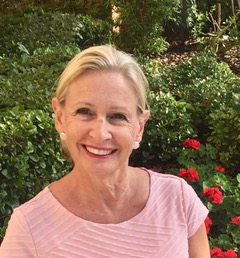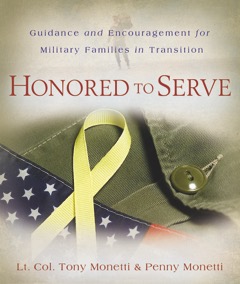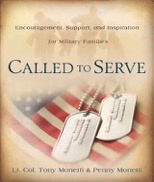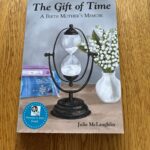 “How do you get so many blooms on your bird of paradise?” my friend asked. “Mine hardly ever blooms.”
“How do you get so many blooms on your bird of paradise?” my friend asked. “Mine hardly ever blooms.”
I was amazed at her question because I’ve never been particularly good at getting things to grow in my yard, and she is a much more disciplined gardener than I am. But I did have a beautiful bird of paradise. “I just add a bloom booster fertilizer,” I said, “and cut the dead fronds off.”
“A bloom booster fertilizer?” she repeated as though a revelation had just hit her. “Hmmm, I never thought about using fertilizer with a bird of paradise.”
Fertilizer?
Our conversation stuck in my mind, and got me thinking about fertilizer and God’s strange ways.
I remembered my mother’s yard when she first moved to a new home near San Diego. Her small yard was bursting with blooms of every kind. Passersby stopped to admire it. She credited fertilizer for making her flowers so breathtaking.
Even though I didn’t inherit my mother’s green thumb, I did get her message about the importance of fertilizer. Although I used a bloom booster for established flowering plants, I followed my mother’s example in using simple cow manure for new plantings. And it was downright effective.
But why? Why was it effective? How could the use of cow manure create beauty in the garden? It seemed an incongruity. Yes, the cow manure we bought at the store was composted, but it started as a disgusting fecal matter we wouldn’t want to touch or smell. It’s not pleasing to any of our senses. Yet when composted and sprinkled around plants, it brings out their beauty.
I had to stop and reflect on God’s strange ways and the ironies of God’s creation.
God’s Strange Ways
If I had created the world, I wouldn’t have thought to use cow manure to beautify our world. But God did. He used one of the most revolting elements of his creation to produce some of the most lovely. God’s strange ways taps into a sense of economy that is a thing of wonder.
Amazingly, he does the same thing in people’s lives. I used to be surprised when I heard stories about someone who had recovered from an addiction or emerged from a dark place in life to become an altogether different human being and reach new heights of success. Often they credited their darkest moments with producing the light that led them to God and a new direction.
A friend recently recounted how a dreadful time of sickness became a time of healing between mother and daughter. An estranged relationship was sweetened through adversity and two lives healed. In another case, a time of homelessness became fertile ground where a person met Jesus face to face.
In the early 1970s Chuck Colson went to prison for his perversion of justice in the top levels of government. While in prison, he met God face to face and became a completely new creature in God. Though officially he became a free man for the next three decades before he died, his heart remained captive to the needs of prisoners. He began a prison ministry that spawned counterparts all over the world and changed the hearts of countless numbers of men and women in prison.
Beauty for Broken Lives
When I hear these stories today, I’m no longer surprised. Time and again I’ve seen God’s strange ways bring beauty to broken lives. Even for me, my husband and I were separated for three long years, but when we reconciled, God not only gave us back our marriage, but gave us a ministry to hurting couples. He also birthed in me two books that would help heal broken marriages.
Each time I hear these stories I’m reminded of the wondrous ways God works his economy of purpose into our lives. We wander and stray. We are devastated by the pain inflicted on us by others. But God grabs hold of those situations and molds them into something beautiful that He can use for our good and His glory when we come to that crossroads of decision and surrender it all to Him.
God’s strange ways are a mystery, but they’re also a comfort. God uses everything for good for those who love Him and are called according to his purpose. (Romans 8:28). It’s just a matter of falling in love with God and surrendering our lives to Him. Then He can use everything—every hurt, every past sin, every crisis—to produce something good. It’s fascinating to look into the future and imagine what He will do with the refuse we bring to Him, knowing that when we give it all to Him, He can use the fertilizer of our lives to bring forth beauty in our garden.
Indeed, when we least expect it, God’s strange ways bring hope in unexpected places.
© Linda Rooks 2019
Join the conversation: How would you like to see God turn something around for good in someone’s life and bring beauty from brokenmess?
Fighting for Your Marriage while Separated is now available













